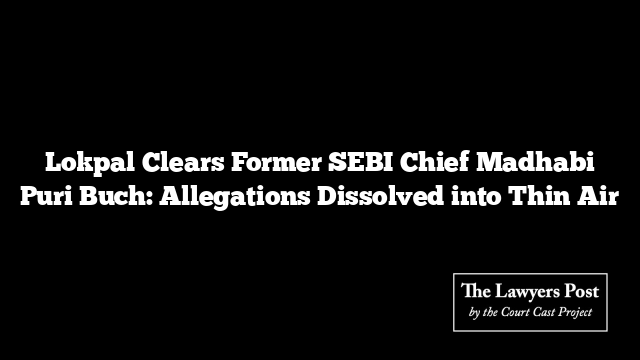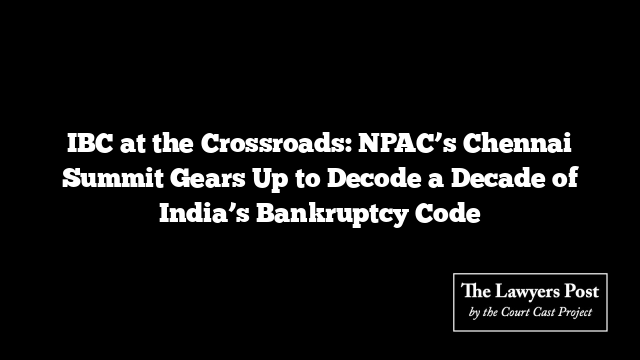Dr. Reddy’s Laboratories has told the Delhi High Court it won’t sell its version of a blockbuster diabetes drug within India, but it’s not backing off globally. In a case that pits the Indian pharma heavyweight against Danish drug giant Novo Nordisk, Dr. Reddy’s offered a limited ceasefire: manufacture, yes; export, yes; but no domestic sales—at least for now.
The move comes in response to a lawsuit filed by Novo Nordisk accusing Dr. Reddy’s and its affiliate of infringing the patent on Semaglutide, the molecule at the heart of Novo’s star medications—Ozempic, Wegovy, and Rybelsus. Semaglutide has become a pharmaceutical phenomenon, first hailed for its diabetes-fighting properties and now coveted worldwide for its off-label use in weight loss.
Dr. Reddy’s disclosed in court that it secured a license to manufacture the drug in December 2024 and began production in April this year. But it hasn’t obtained permission to sell it in India and, as such, committed not to do so. However, it reserved the right to ship the product abroad—specifically to countries where Novo doesn’t yet hold a patent.
Justice Amit Bansal took the assurance on record and ordered that it remain binding until the next hearing on August 19. But the export clause didn’t sit well with Novo Nordisk, which argued that exporting a potentially infringing product still counts as infringement under Indian patent law.
That legal wrinkle will be addressed at the next hearing, once both sides complete their paperwork.
At the heart of this high-stakes courtroom chess match is a debate over what constitutes innovation. Dr. Reddy’s claims that Novo’s patent on Semaglutide lacks novelty, was misrepresented, and doesn’t meet the threshold for inventive step. Their central argument? That the molecule’s tweaks—like swapping Alanine with Aib at position eight—are textbook pharma tactics, not technological breakthroughs. They accuse Novo of “evergreening,” or using minimal modifications to keep a lucrative monopoly alive past its natural expiry.
The history is tangled. Novo’s original Indian patent for Semaglutide expired in September 2024. The one now under challenge was granted in 2014 and runs until March 2026. That two-year window is now a battleground for billion-dollar market access.
While the global war over Semaglutide heats up, India—for the moment—will remain a no-go zone for Dr. Reddy’s version. But with revocation petitions, export ambitions, and patent expiries in play, this fight is far from over.





